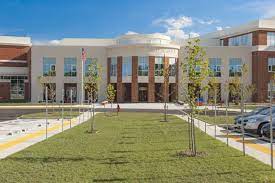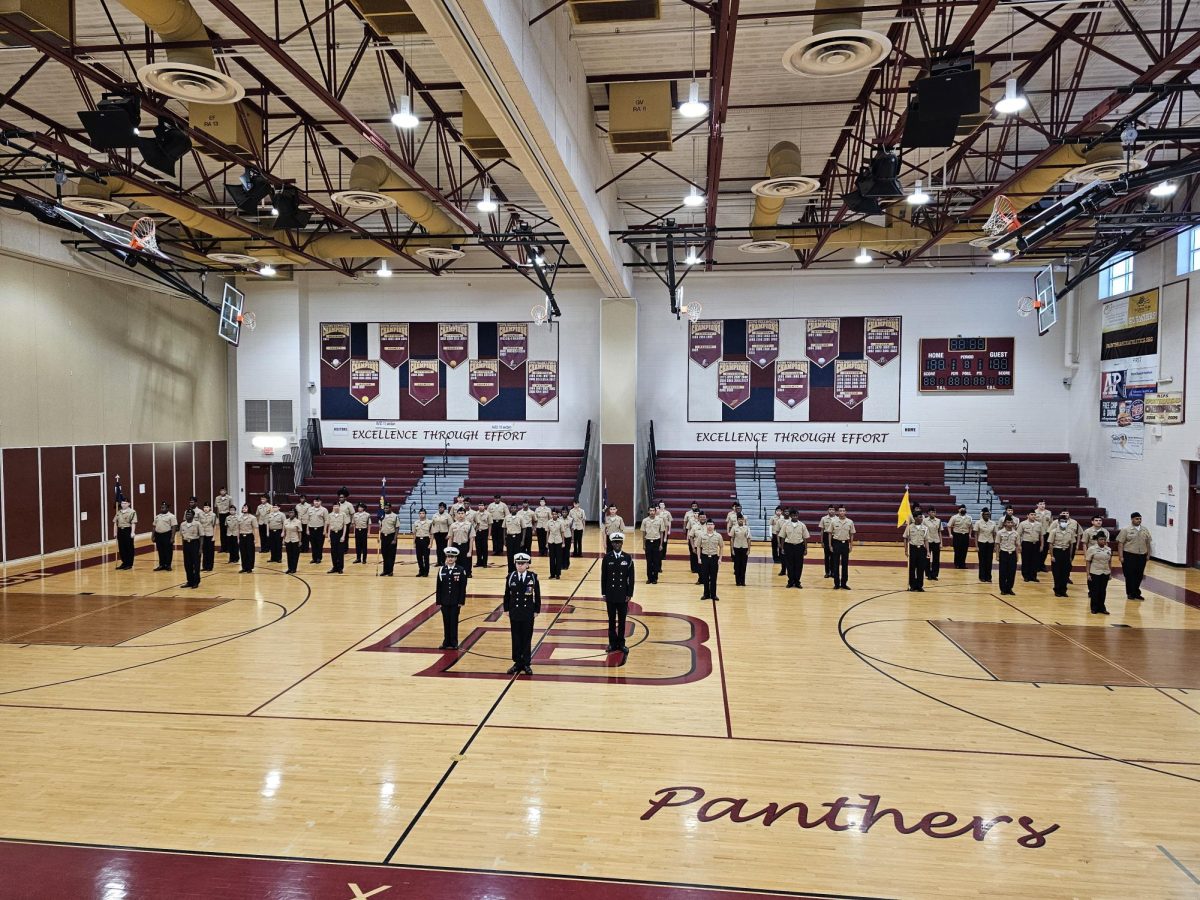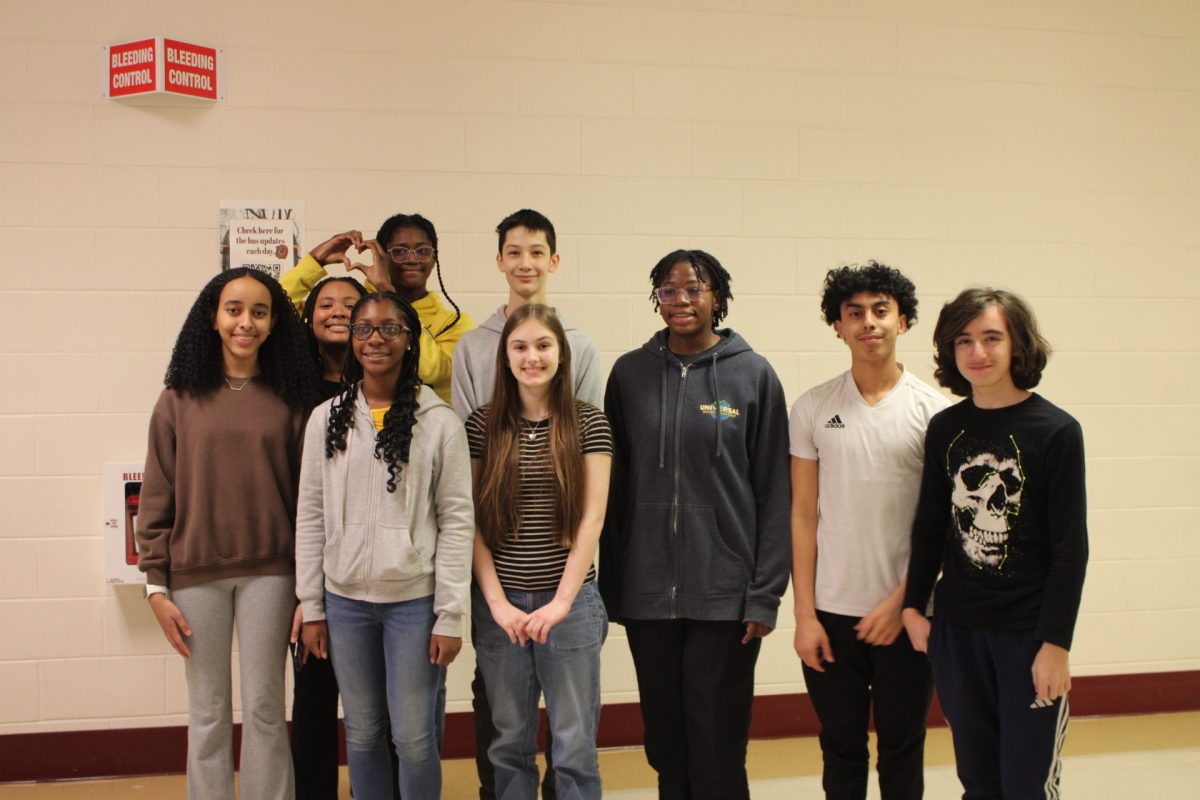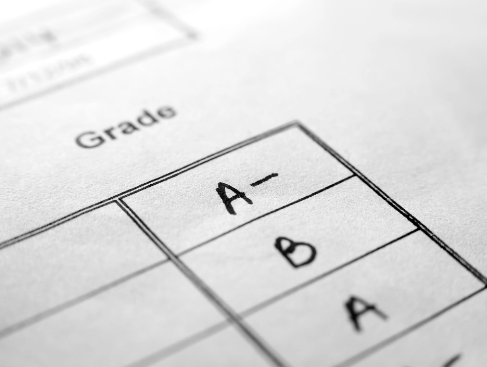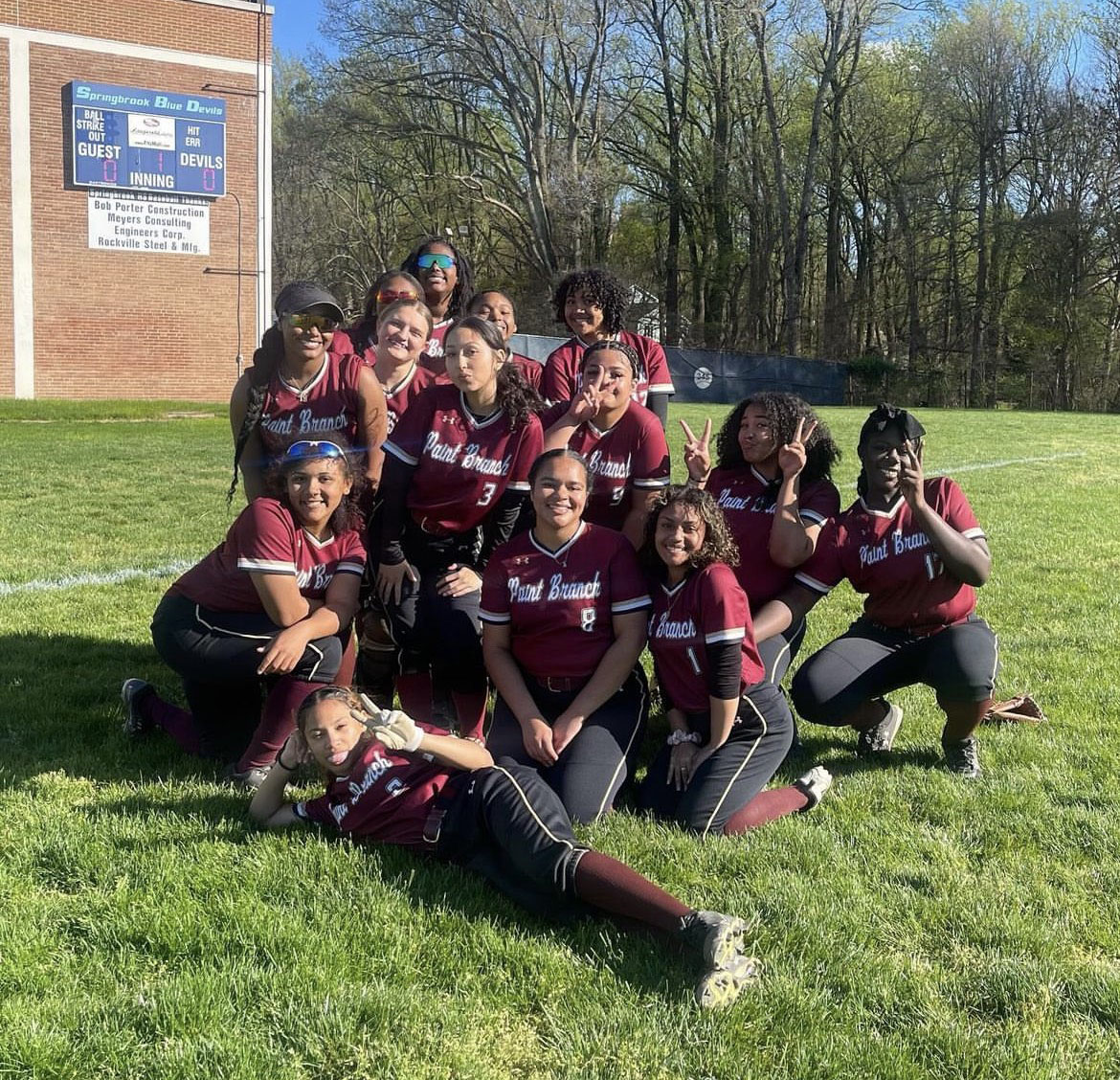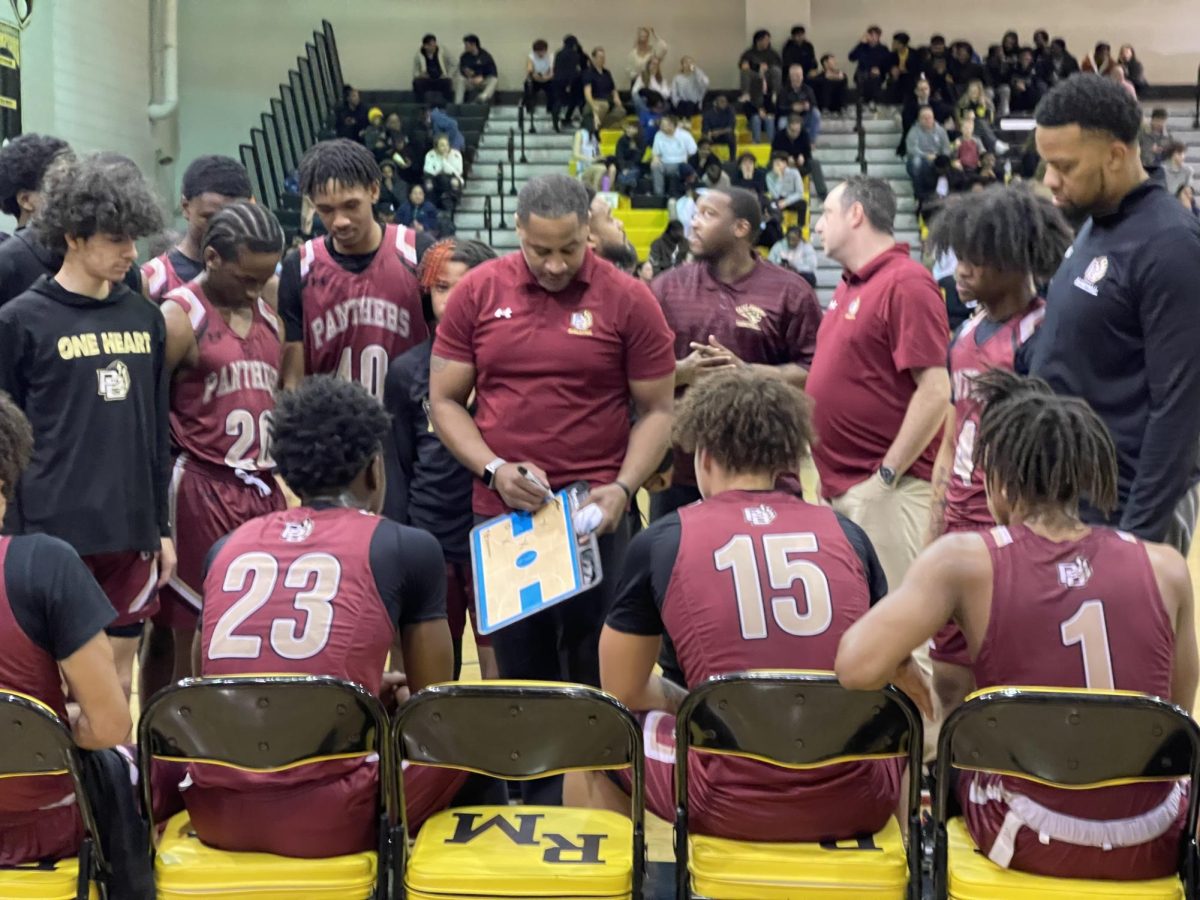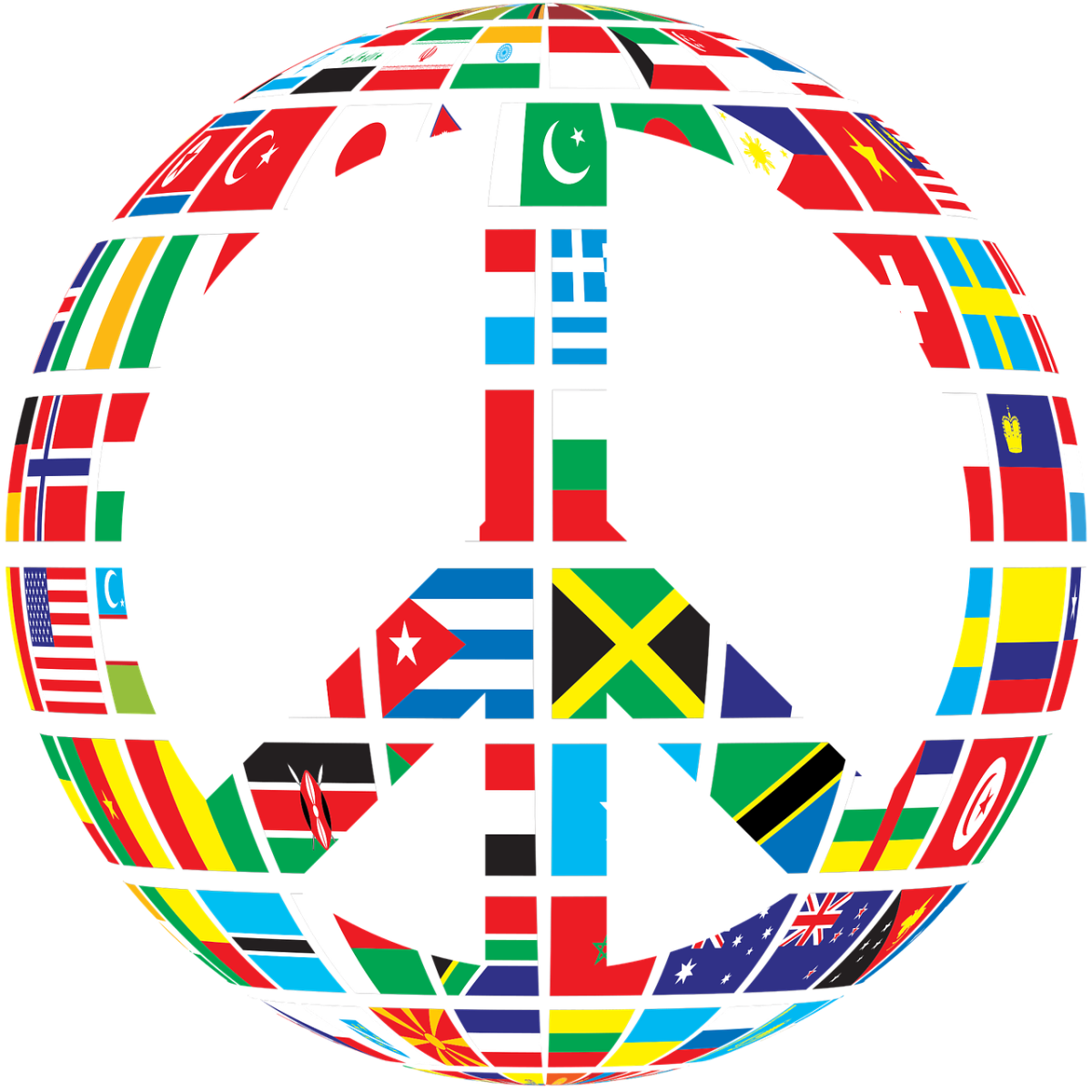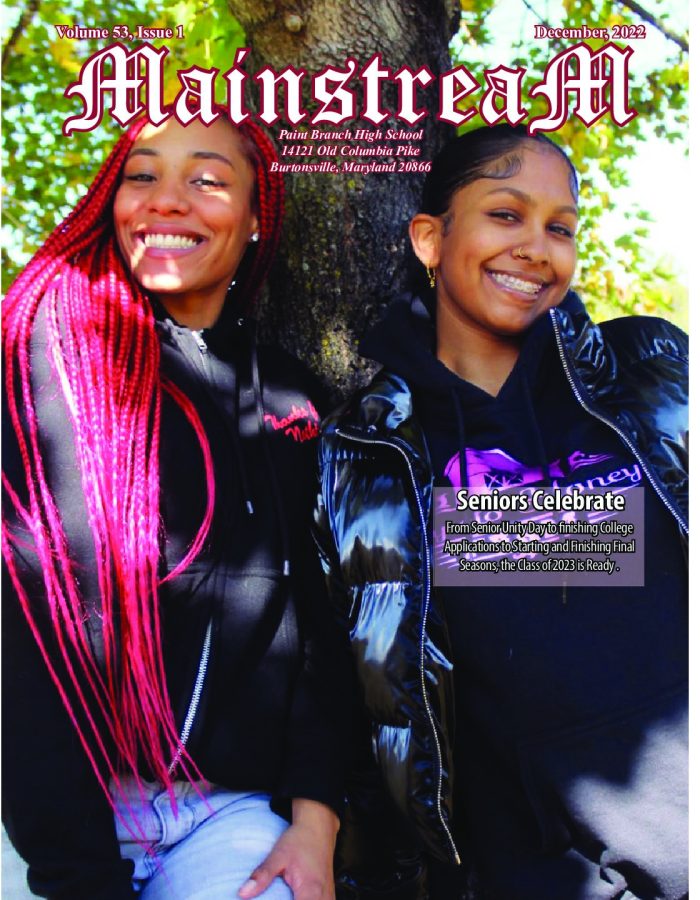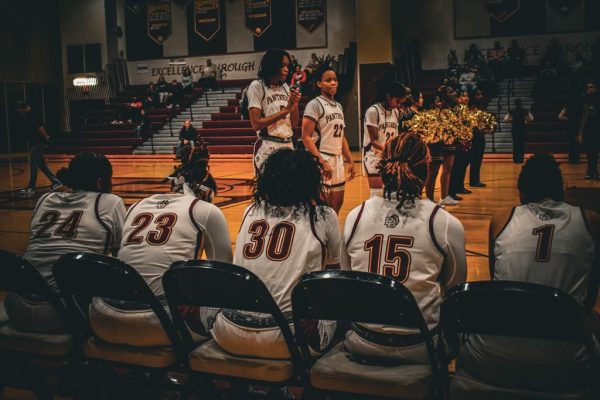Amidst Political Division: Americans Find Unity
January 3, 2019
If America were to be described within a single word, it would be diverse. Americans are different when it comes to cultures, expressiveness, and, most markedly, political opinions. While liberals call for government regulations on healthcare, the economy, and the environment to ensure equality of opportunity, conservatives prefer less control and more individualism for citizens. Firm upholders of the Second Amendment strongly oppose gun control laws, while anti-gun activists claim that legislation is necessary to protect national security. Democrats are generally more tolerant and welcoming toward immigrants compared to Republicans, and the list could go on. However, despite these differences, are Americans that divided when it comes down to politics?
Between people, and even within oneself, conflicts are bound to arise. People argue over the implications of an open-ended cartoon or passage, the definition of a word, and almost everything else. People even argue with themselves, be it about career choices, relationship issues, or what to eat for dinner. The only thing that makes political debates so heated, broadcast-worthy, and large-scale is because they affect an entire nation of hundreds of millions of people.
People tend to be more vocal and defensive of their positions when they concern politics because their stances would be tracked – and possibly contested – by other citizens, the media, and policymakers. However, at heart, Americans as a whole value fundamentals such as liberty, equality, and individualism – the founding principles of the republic of America. We simply approach these beliefs differently.
Look at the debate on abortion, one of the most controversial topics in our current state of discourse. We have pro-lifers who oppose abortion, saying that it violates a human’s right to live, and pro-choicers who support the legality of the act, claiming that it is (or should be) a protected right for parents, especially in situations in which conception or delivery could have adverse impacts on the mother or baby.
Both pro-lifers and pro-choicers are trying to protect the same thing, which is liberty, except they view it differently. Opposers of abortion prioritize the liberty to lives of babies who are yet to be born, while advocates prioritize the parents’ right to make decisions that would directly affect their futures and well-being permanently. At the heart of the issue, though, is that everybody is attempting to ensure that liberty and natural rights are universally protected and not denied to anybody who is deserving of said liberties.
A lot of people, especially those who associate themselves with specific political beliefs, parties, and ideologies, can become hostile toward those who are different from them because of how normalized political conflicts have become. Differences are not a bad thing, but there is definitely something wrong if a person chooses to radically support something simply because his or her opponent believes otherwise.
After all, at the bottom of the issue are simply two things: diverse approaches to values that are universally acknowledged within America, and a patriotism that drives people to turn something they believe is in the best interest of the country into reality. Americans share the same political cultures and rely on each other in times of external conflicts and adversity. America is, in the end, amazingly diverse, rather than radically divided.

